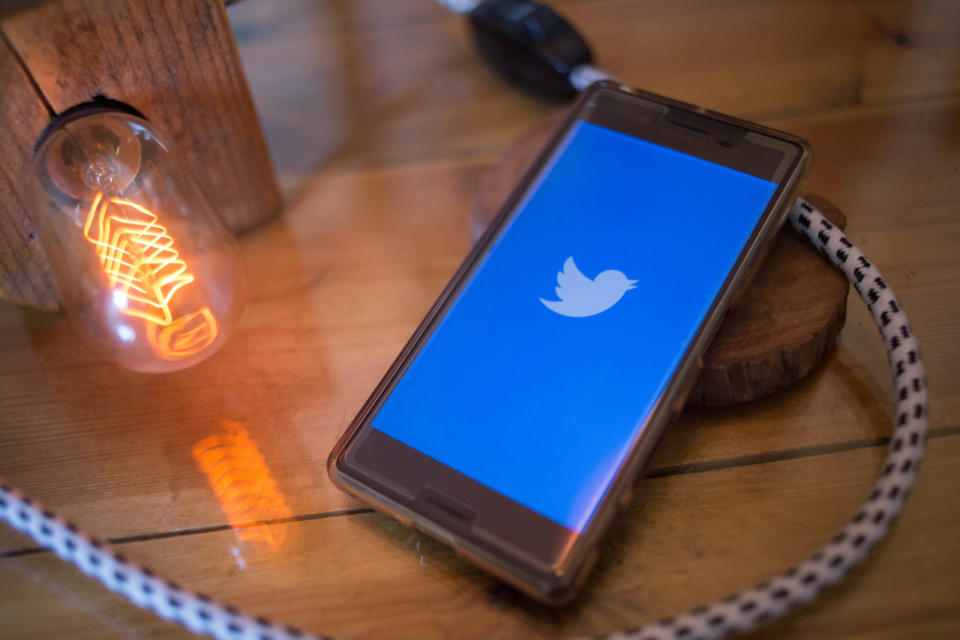Twitter tightens requirements to get rid of 'low quality' apps
Mandatory screening and app reporting could reduce spam and junk.
Twitter's efforts to fight spam are now focusing more on the apps generating that junk. As of today, every developer who wants to use Twitter's app toolkit has to go through an account application process that verifies both use cases and a creator's adherence to the social network's policies. The process had been available since November, but it'll be mandatory from now on -- and Twitter is promising to enforce it within 90 days. Combined with a 10-app limit, Twitter is hoping this will cut down on spam-producing and "low-quality" apps.
Those developers that do pass muster will still face more oversight. Twitter is instituting lower default app-level rate limits on September 10th to prevent unscrupulous actors from creating spammy apps. They won't get to tweet or retweet more than 300 times every three hours, like or follow more than 1,000 times each every day, or send more than 15,000 direct messages per day. This isn't meant to kneecap third-party Twitter clients or other well-meaning uses, though. Any developer that honors Twitter's policies can either maintain or increase their existing rates, and any app with a "valid need" for increased access will stick to the existing user-level limits on request. The company vows to notify developers who might be affected.
And yes, these changes include something actual users can do. Twitter is introduce an option to report apps they think are running afoul of the rules, whether it's spam or collecting too much data. You can tackle the root of the problem rather than its symptoms, then.
There is a chance these new processes could create complications, whether it's waiting longer to start publishing apps or running into trouble if they don't get the thumbs-up for larger rate limits on crucial apps. Twitter might not have had much choice, though. It's struggling to cut back on fake accounts (some of which may use apps to do their dirty work), and there's always the lingering concern that a privacy-invading app might give Twitter the next Cambridge Analytica-style scandal. This could eliminate some of the more obvious abuses of power and make Twitter more bearable, especially for newcomers who might leave if they see a lot of garbage in their feeds.
As a developer platform, our first responsibility is our users: to provide a place that supports the health of conversation on Twitter.
To continue to prevent misuse of our platform, we are introducing a few new requirements for developers today.https://t.co/Es30MdsKEm— Twitter API (@TwitterAPI) July 24, 2018


